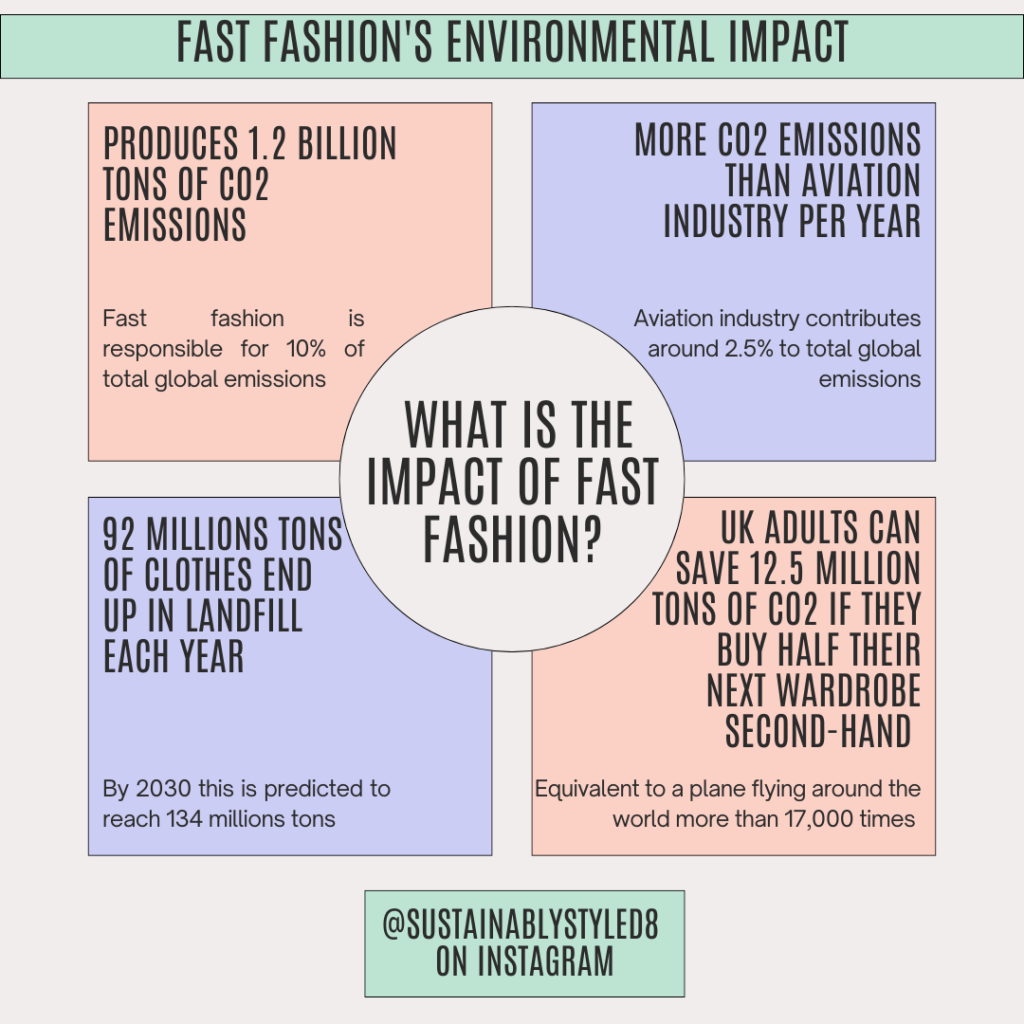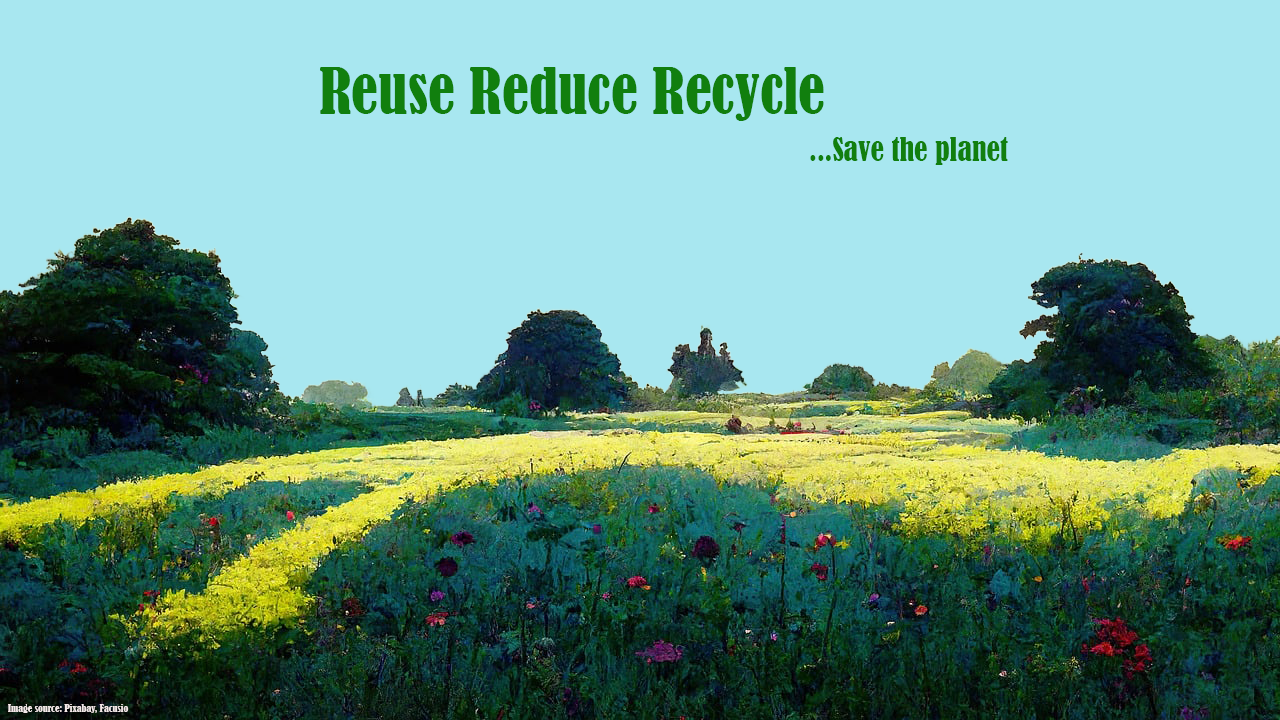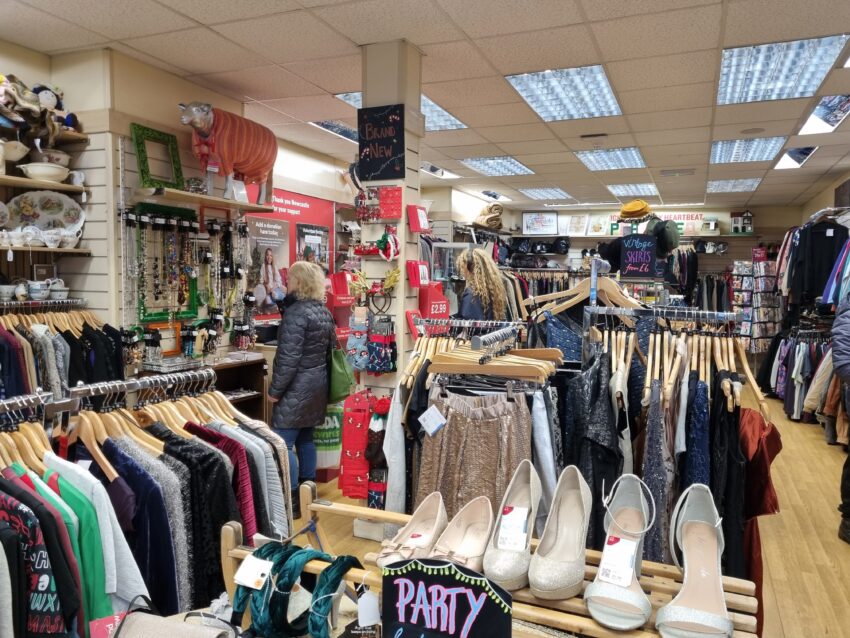Second-hand fashion industry is becoming more popular as people are turning to more sustainable options for their shopping habits.
A study has found that in the past year, second-hand shops have become more popular, with a rise of 50% in second-hand clothing. And with 147% rise in sales in charity shops.
The study gave two reasons for this change in shopping behaviour. First, clothes from second-hand shops are cheaper, which helps with the cost-of-living crisis in the UK.
And second, people are becoming more climate conscious. This motivation for buying second-hand has climbed from 28% to 32% in the past year.
Alice Narcross, a manager of St Oswald’s Hospice at Hazelwood Avenue, Jesmond, shared that shopping second-hand is now more the norm than ever. She added:
‘I think the sustainability aspect of [second-hand shopping] has changed the narrative around it. For my age group [Millennial] it used to be you only shop in charity shops if you don’t have money. Now, obviously, people still want to get bargains as well but a lot of the time it’s for the reasons of not wanting to buy fast fashion and shop more sustainably instead.’
Catherine Glover, Fashion professor at Northumbria University, explained that social media has contributed to making second-hand shopping popular.
‘What was a counterculture approach to consumption is now becoming normative to turn to more sustainable options for shopping.’
Catherine followed by saying: ‘Fast fashion is largely damaging as an industry practice and business model as it is built on the idea of low cost, mass production, fast consumption based on changing trends, and impactful promotion driving desire.’
The fast fashion industry is responsible for 1.2 billion CO2 emissions every year, which includes the whole journey of clothes – production, transportation and ending in a landfill.

Many people are now choosing to shop second hand to help the environment. They often change their shopping habits because of the threat of climate change. And they believe by shopping second-hand they reduce carbon emissions and contribute to the fight against climate change.
Alice Narcross shared that she has been shopping second-hand since 2018 and, except for certain clothing items, she buys everything in charity shops around her or in online vintage stores.
She added: ‘I went through an eco-warrior phase; I went vegetarian and then I went vegan for a little bit and one thing just led to another. I watched a documentary about fast fashion, and I didn’t feel comfortable supporting it.’
Emmie Foster, student at Newcastle University, shared that since coming to university she buys most of her clothes in charity shops. She said: ‘Anything on the High Street is just way more expensive and half the time it’s just not worth it and [second-hand shopping] is obviously better for the environment and as a university student I think it’s really important to save as much money as you can.’

